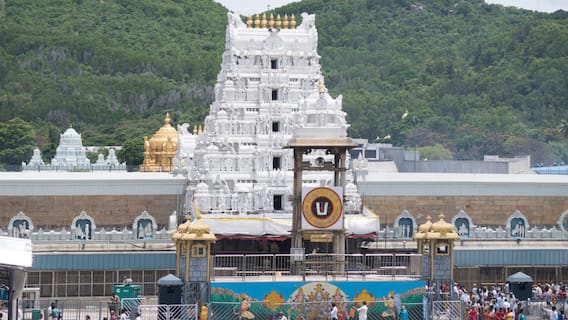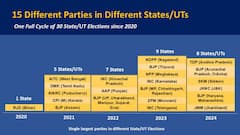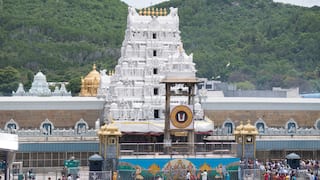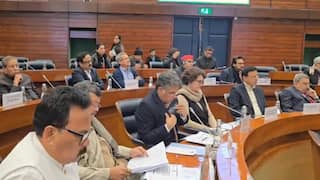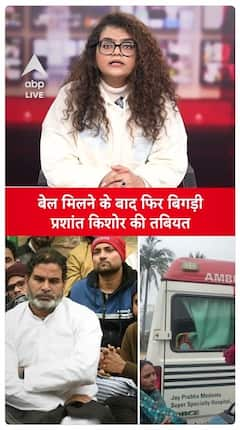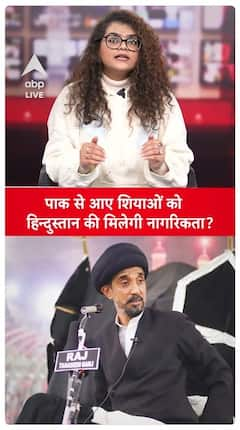'You Take Extreme Stands Against Other Non-BJP Govts...': SC Slams Centre On Nagaland Women Reservation
The bench noted that the Central government cannot wash its hands of the issue when the State and Centre are from the same Bharatiya Janata Party.

The Supreme Court on Tuesday called out the Central government for not taking action in Nagaland to implement the constitutional scheme of one-third reservation for women in municipal and town council elections. The Court charged that the Centre takes “extreme stands” against other State governments but does nothing against State governments from its own party in case of violation of the Constitution. The matter was being overlooked by a two-judge bench comprising Justice SK Kaul and Justice Sudhanshu Dhulia, as per a Live Law report.
The bench noted that the Central government cannot wash its hands of the issue when the State and Centre are from the same Bharatiya Janata Party. “Don’t make me say that the Central Government is not willing to implement the Constitution, because I’ll say it,” said Justice Kaul.
“I refuse to let your hands off. You take extreme stands against other State Governments who are not amenable to you, but your own State Government is violating Constitutional provision and you do not want to say something,” said Justice Kaul.
ALSO READ: BJP To Move Adjournment Motion In Bengal Assembly Over Poll Violence, Atrocities Against Women
In April this year, the apex court had asked the Centre to place on record whether the constitutional scheme of reservation for women in local bodies under Article 243D applies to the northeastern state, or if some exemption has been granted.
While the Union government is yet to file its affidavit on the same, the Additional Solicitor General KM Nataraj orally submitted that he had indicated on the previous occasion that the constitutional scheme extends to Nagaland.
He clarified that the exemption granted under Article 371A that contemplates legislation enacted by the Parliament would not apply to the State of Nagaland in matters pertaining to their religious or social practices; their customary law and procedure; administration of civil and criminal justice involving their customary law; and ownership and transfer of land and its resources, does not deny right of equality to women so far as participatory process is concerned, as per the report.
On being asked about what the Central government will do now, the ASG referred to the “situation prevailing in the North East” and sought some time to resolve the issue “once and for all”.
Trending News
Top Headlines









